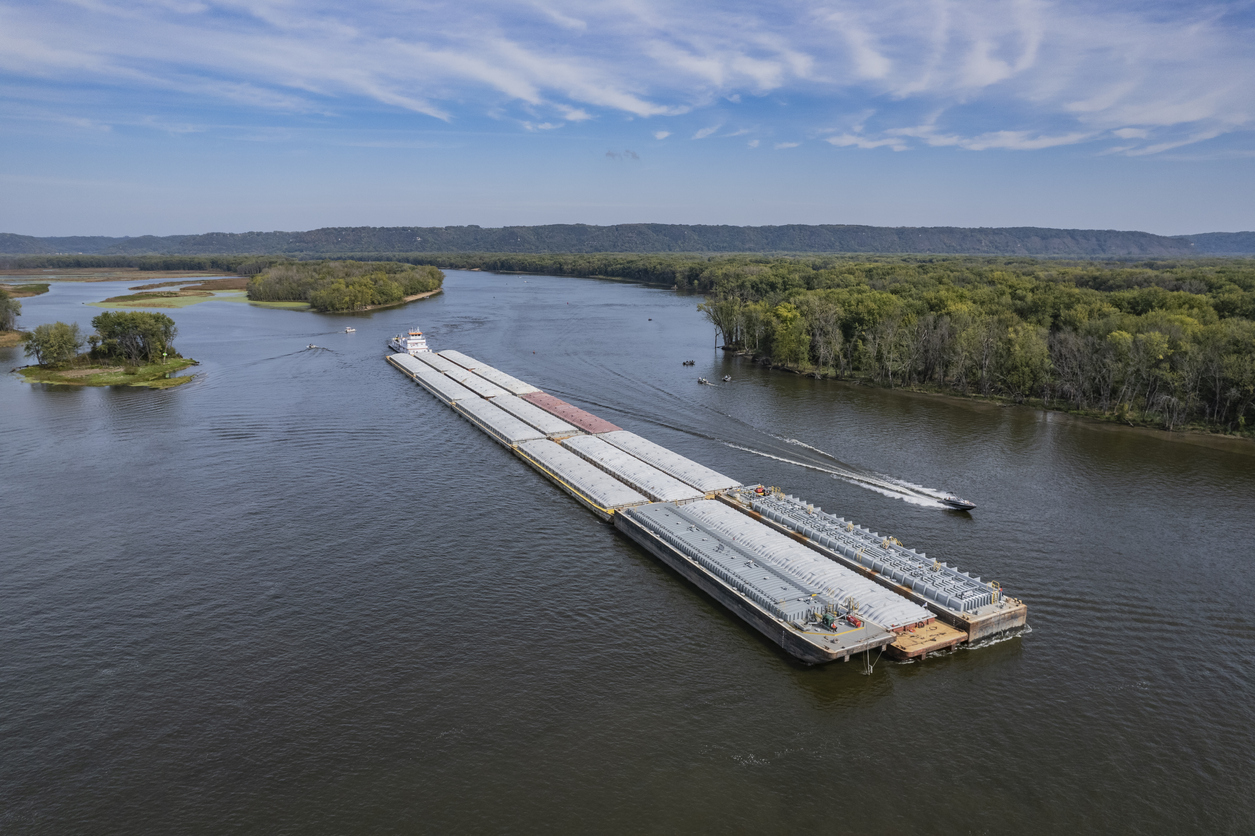
Sign up for smart news, insights, and analysis on the biggest financial stories of the day.
Dry spells in California and the southwest get the most media attention, but the most consequential drought in the US may be some 1,600 miles inland.
The Mississippi River, the most vital waterway for exports of crops and other goods, is facing its lowest water levels since the late 1980s, as detailed in a Bloomberg report published on Thursday. For the time being at least, the Mighty Mississippi has lost its might.
Strife on the Mississippi
It’s easy to see how the river basin earned another one of its nicknames: body of a nation. It’s responsible for much of the food found on American dinner plates, producing over 90% of the country’s agricultural exports. But it’s been plagued by low levels of rain — making it more difficult to grow and ship its goods.
Minneapolis, the first major port city downstream from the river’s Lake Itasca starting point, has seen just a quarter-inch of rain in the past month, off from a roughly 3-inch average this time of year, Bloomberg reported. Down south, St. Louis and Memphis are experiencing similar levels of drought. The atypically dry months are putting a strain on the entire water superhighway — and the consequences are likely to be costly:
- Low water levels have forced a closure near Stack Island, Mississippi, causing a traffic jam of 117 vessels and over 2,000 barges on Thursday as a deployment of the US Army Corps of Engineers works to reopen the river. The Coast Guard is also reporting a smaller shutdown near Memphis.
- A similar drought exactly a decade ago in the region forced three different closures across the river, and likely led to some $35 billion in losses for the US agricultural industry.
Less than an inch of rain is expected in the region over the next week, Accuweather meteorologist Brandon Buckingham told Bloomberg. The major disruptions to grain, fertilizer, oil, and coal supply chains are likely to be felt by consumers — possibly exacerbating existing inflationary forces. At this point, all the average person can do is cry me a river.











